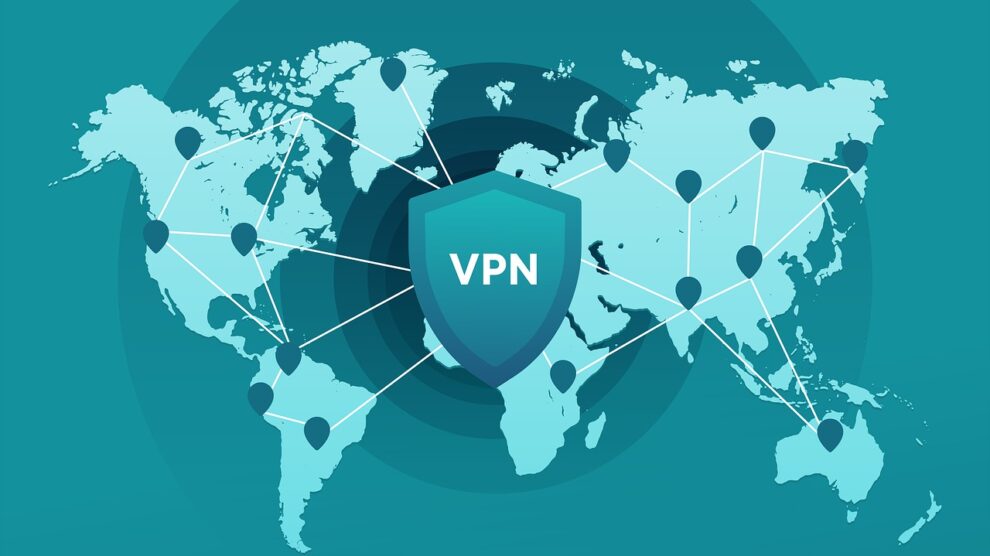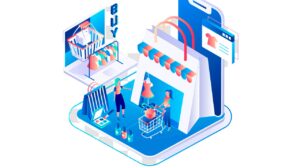Over the past few years, using a VPN has been the standard for people who want to stream their favorite content wherever they are. Whether you don’t want to miss your favorite show while abroad, watch a sporting event that’s not broadcast where you live, or simply enjoy the added security benefits this type of services offers, finding the best streaming VPN is a quest that a lot of people embark on.
But did you know that VPN services can be used for more than streaming content? Consumer-grade VPNs keep safe while you surf the internet. VPNs for businesses can do the same for your corporate assets that face the internet.
Curious how? The definition of VPN sheds the first bit of light:
What Is a VPN?
VPN stands for Virtual Private Networking at it refers to a service that protects your identity and your browser activity from malicious attacks, but also from businesses trying to track you activity in order to sell you their products and from governmental agencies.
How does a VPN protect you?
In simple terms, it acts like a tunnel. Imagine the internet like a cloud. In this cloud, your particular web surfing session looks like a long stream of bites traveling from your device to your destination (Netflix.com, Amazon.com, Google.com, and so on). When you use a VPN, your data is encased in a tunnel. The destination website (and other services and people snooping around in the cloud) can see the stream of data but they don’t know where it originates from. In other words, they don’t know who’s going where.
Why Use a VPN for eCommerce?
The eCommerce industry has risen at an incredibly fast paced since 2014 and it is forecast to reach US$2,723,991m in 2021. As expected, eCommerce data breaches have also reached new highs.
Bear in mind that eCommerce deals with sensitive data: the customers’ financial information and, seemingly less important, but also valuable — their shopping preferences.
Thus, a VPN is useful for more than accessing previously blocked content. In eCommerce, a VPN can help with:
1. Increased Security
Using a VPN when you make online payments ensures that your financial data has another layer of encryption (financial data is already encrypted on all reliable payment platforms). This makes data breaches harder to achieve.
As a consumer, using a VPN for eCommerce transactions keeps your financial information at bay from prying eyes. A VPN will give you an “alias” identity by providing you with a brand-new IP address. No one will be able to track you farther than the VPN provider’s server farms.
2. Ideal for Companies with Multiple Locations
VPNs aren’t just for eCommerce consumers. They can also work wonders for the companies themselves. For instance, such a service can connect your two locations seamlessly and securely.
Even if you already have a secure connection between your two offices or between your office and your warehouse, you probably still use the cloud. And, since the pandemic isn’t over yet, you probably also rely on remote employees who have to access sensitive data from unsecure networks.
If any of these scenarios sounds familiar, then a VPN might be the best security investment you’ll make. It’s much more affordable than investing in hardware. Plus, it will keep all your data secure, even if it’s stored using services like Dropbox or Microsoft Office 365.
Whether you have remote employees or not, working in the cloud always poses some risks. It’s the easiest way for attackers to find a breach into the company network where all the valuable data is stored. A VPN mitigates this risk and diminishes the possibility of a successful attack.
3. VPNs Are Affordable
Cyber security solutions are growing more expensive. There’s a good reason for this: SMEs today need complex solutions that protect both their on-premise data and the data they store in the cloud.
eCommerce businesses are especially vulnerable to the diversification of data storage and management. While they still need on-premise access to data, they also deal with a lot of sensitive information that’s stored in the cloud. For the eCommerce companies that use remote staff, the perils are even more complex.
Did you know that almost 90% of successful attacks happen because of human error or behavior? This doesn’t mean that your employees are giving hackers access into your network willingly. Just that they are very likely to click on a link that’s infected with malware or access an app that will serve as an entry point into your company’s network.
All these attacks can be mitigated when your entire staff uses VPNs to access the company network and company data or applications stored in the cloud.
VPNs are the most affordable security solution. With prices starting from as low as $100/year, you can completely eliminate the need for sophisticated cyber security measures.
Conclusion
Next time you use your VPN to stream your favorite show, think about other ways to leverage it. It can be a powerful tool for a lot of applications, at both consumer- and business-level.
eCommerce transactions done via VPN are more secure and so is having your staff access company applications and data via the secure “tunnel” VPN services provide. Whether you need a VPN for personal use or for business, it’s very easy to find the right provider and the right price to match your budget. One final recommendation: when selecting a VPN provider, look at their reviews and at the features they offer. We’re often tempted to go for the cheapest option, but when it comes to online security and privacy it’s often worth it to pay a bit more for a top service.





